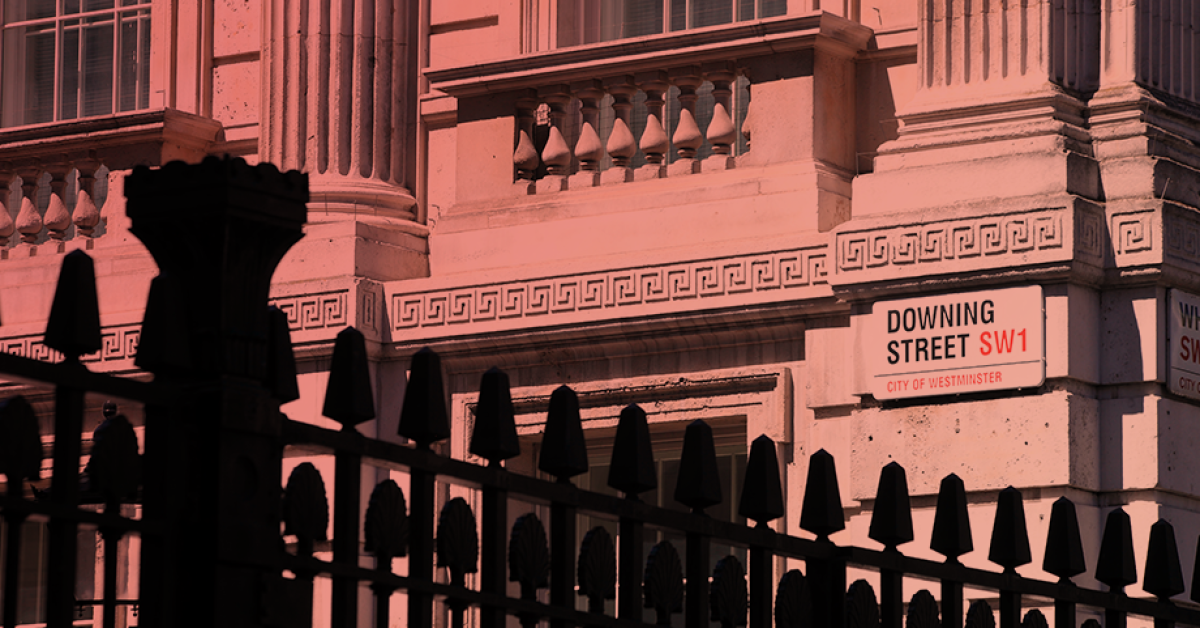Tax & Finance
Summary
The private rented sector (PRS) now provides a home for one in five UK households. Buying a home is out of reach for many people and the demand for private renting is set to increase. The Royal Incorporation of Chartered Surveyors (RICS) estimates that 1.8 million new homes to rent are required by 2025.
Despite this, little is being done to create a pro-growth tax environment for the sector. In fact, the tax environment is actively dissuading landlords from investing in new properties or releasing old ones for purchase.
The majority of PRS accommodation is supplied by ordinary people who own one or two properties, investing as an alternative to a pension. Government policy has undermined the confidence of private landlords, with recent tax changes including restrictions on mortgage interest relief and an additional 3% surcharge on stamp duty, deterring investment by landlords and stalling the whole housing market.
Our policy
We are calling on the UK and Welsh governments to look at:
- Ending the stamp duty levy on additional homes where the property is adding to the net supply of housing. This includes bringing empty homes back into use, converting commercial buildings to residential, developing new properties or converting larger properties into smaller, more affordable rental properties.
- Ending the Land Transaction Tax (Wales' version of stamp duty) levy on buy-to-let properties and working with local authorities on a more holistic approach to council tax premiums on empty homes to help bring them back into use.
- Reducing the capital gains tax (CGT) rate for the sale of residential properties so that landlords are not put off from selling properties to tenants.
- Scrapping the changes to mortgage interest relief (MIR).
Making Tax Digital
The UK Government has committed to introducing a new digitised process for submitting your taxes. The new approach called Making Tax Digital, includes keeping digital records and using software to submit tax returns. This already covers VAT, however plans to extend it to income tax have been delayed. We successfully lobbied to Government for this, raising concerns about how quickly landlords would need to comply.
The Government has recently announced that Making Tax Digital will be extended to VAT-registered businesses with turnover under £85,000 from April 2022 and self-employed businesses and landlords with annual business or property income above £10,000 from April 2023.
Some landlords have been involved with a pilot test of the service for income tax. If you would like to participate in the pilot, you can find out more here.
Related Documents
Latest news
Amendment seeks to change council tax rules for HMOs
A proposed amendment may stop the Valuation Office from charging council tax by the room in HMOs. Find out how you can get involved with the campaign to end this practice here.
Chancellor Delivers Tax Cutting Mini-Budget
Today (23 September 2022) the new Chancellor, Kwasi Kwarteng, delivered a statement to the House of Commons on plans to boost economic growth.
NRLA welcomes appointment of Simon Clarke as DLUHC Secretary of State
Following the Government's cabinet reshuffle, the NRLA has issued a statement welcoming the appointment of Simon Clarke MP to role of Secretary of State for Levelling Up, Housing and Communities.
Tax Hit to Rental Housing Undermines Government's Home Ownership Ambitions
Government efforts to dampen investment in rental housing are fuelling a supply crisis according to BVA/BDRC research analysed by the NRLA.
Blog: Energy efficiency & VAT - the case for zero rating
Retrofit is arguably the greener option for reaching net zero. Why then is the practice of "demolish and rebuild" encouraged by the tax system? The answer, or at least one of them, appears to be VAT. We make the case for zero rating VAT on energy efficiency measures.




